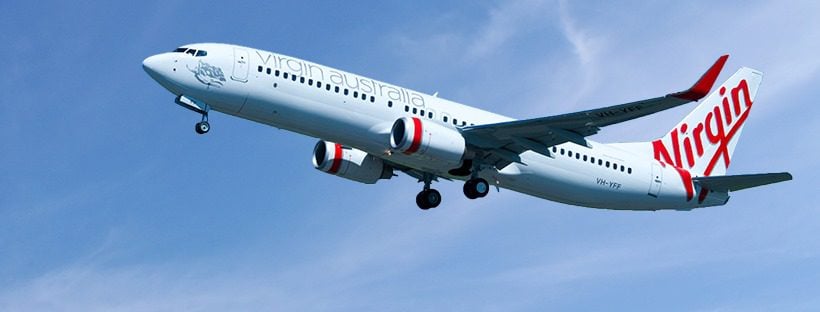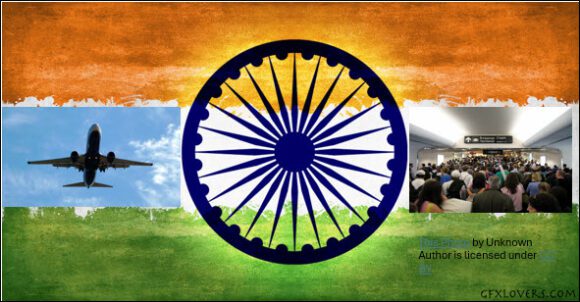
182845538 10157919854556990 4869804019658454165 n
Thanks to restructuring its cost base and benefitting from strong demand, Virgin Australia expects to return to profitability in the second half of its financial year 2023 which runs until July. The carrier has removed A$300 million in annual costs and transformed its commercial function. Virgin Australia expects to be profitable again by June.
Virgin Australia offered some updates in a media statement on October 24 on the occasion of the launch at Melbourne Airport today. Part of the launch is a Middle Seat Lottery, in which customers can win prizes until the campaign ends on April 23. This goes along with a campaign to promote its brand.
Group CEO Jayne Hrdlicka says in the statement that the airline has made good progress since starting its transformation in November 2020. This followed its acquisition by Bain Capital in June of that same year, which took over Virgin Australia with a debt of A$5 billion and was on the verge of liquidation. Before Bain took over, the carrier sought A$1.4 billion in state aid, but this was rejected.
Repairing the balance sheet and reducing structural costs have helped Virgin Australia to get back to profitability. “Confidence in our business strength and operation is at an all-time high”, says Hrdlicka. “We have a strong balance sheet, some of the best management in the industry working in our ongoing business transformation, and we are well advanced in returning to profitability this financial year.” Hrdlicka didn’t disclose any further financial details.
When it relaunched with Bain in 2020, the airline said that it would focus on a single-type aircraft fleet (Boeing 737) and the Australian domestic network. But in 2021, it started with limited international services again to New Zealand. New Covid infections forced it to postpone services to Fiji and Indonesia, but these have restarted this year. Queenstown will be added to the schedule in November, with Vanuata and Samoa to follow in March 2023.
Virgin Australia invested A$300 million in digital and IT systems, which it says have increased bookings via its website by seventy percent. The carrier also introduced a Business Flyer program and restructure its business class discount fares to attract corporates.
Since November 2020, Virgin Australia has expanded its fleet by sixty percent. Its fleet includes four Boeing 737-700s and 75 -800s, but it will induct four MAX 8s from February and another four in the second half of 2023. The aircraft, likely to be leased, join the airline after a fleet review that was concluded in August. VA had 23 MAX 8s on order, but they were canceled in December 2020. The airline also has 25 MAX 10s on order, but given the uncertainty over the certification of the type, it is most unlikely that they will be delivered in 2023.
The Australian airline announced a strategic partnership with Qatar Airways in September, which was followed by an expanded codeshare agreement in May. In December 2021, Virgin signed a new partnership with United Airlines in favor of its long-standing relationship with Delta Airlines.
Views: 1



